Rich Countries Already Hoarded Half Of COVID-19 Vaccine Supply, They Account For Only 13% Of The World Population
Aadhya Khatri - Dec 03, 2020
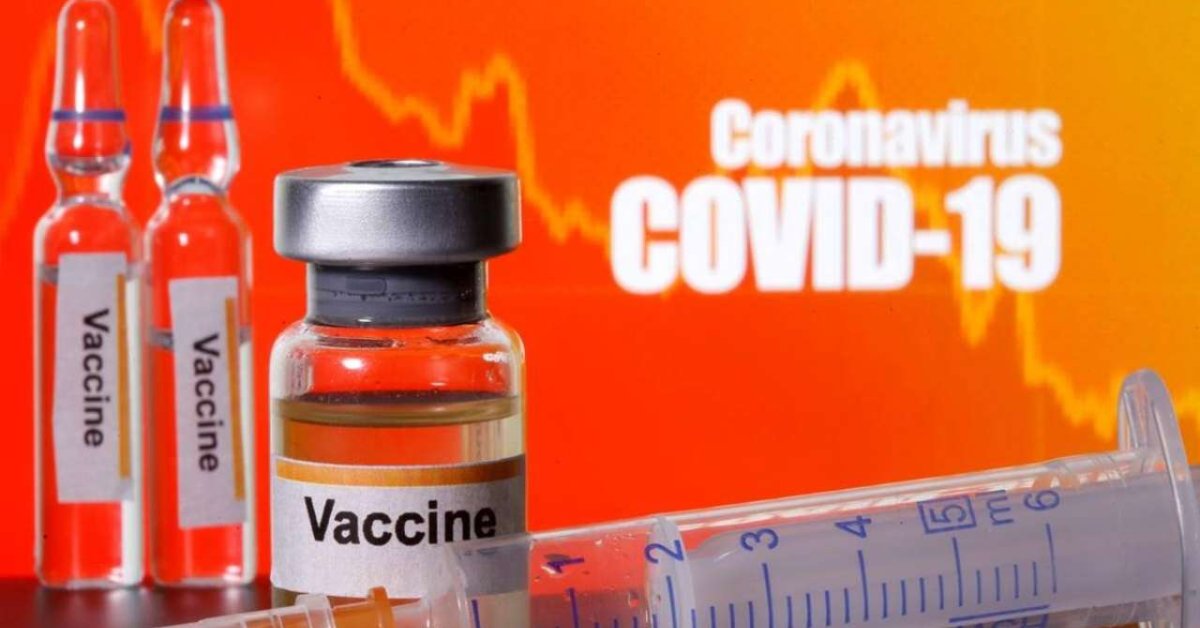
Five developed nations and 27 member countries of the EU have pre-ordered approximately half of the COVID-19 vaccine capacity
- This Man's Super-Antibody Can Be Diluted 10,000 Times But Still Works Against COVID-19
- These Indian Cities Are Under Lockdown Again In 2021
- India To Review Covishield Vaccine After Report Of Blood Clots Following Vaccination
Vaccine developers all over the world have reported positive phase III trial results against the COVID-19 pandemic. They estimated that by the end of 2021, they would be able to provide vaccine doses for one-third of the world population. However, citizens of countries with a lower income might have to wait until 2023 or even 2024 for their doses of vaccine, according to a study from Duke Global Health Innovation Center.
According to Rasmus Bech Hansen- founder and CEO of London-based life-sciences market analytics company Airfinity, manufacturers have already reduced their short-term production estimates but three of the most prominent vaccine makers, Moderna, AstraZeneca, and Pfizer, report an estimated total capacity of 5.3 billion doses next year, which is sufficient for 2.6 billion to 3.1 billion people, depending on whether the vaccine developed by AstraZeneca will be given in two or one and a half doses.
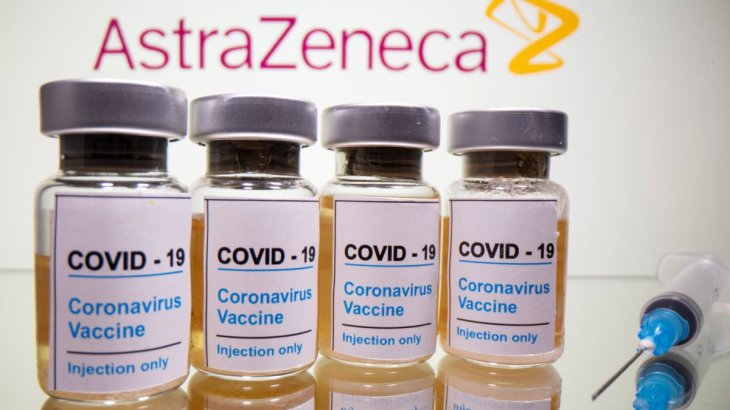
As stated by Russia Direct Investment Fund, the organization supporting the vaccine development of the Gamaleya National Center of Epidemiology and Microbiology, the center can cover around 500 million people outside of Russia each year from 2021. However, it doesn’t elaborate on the capacity within the country.
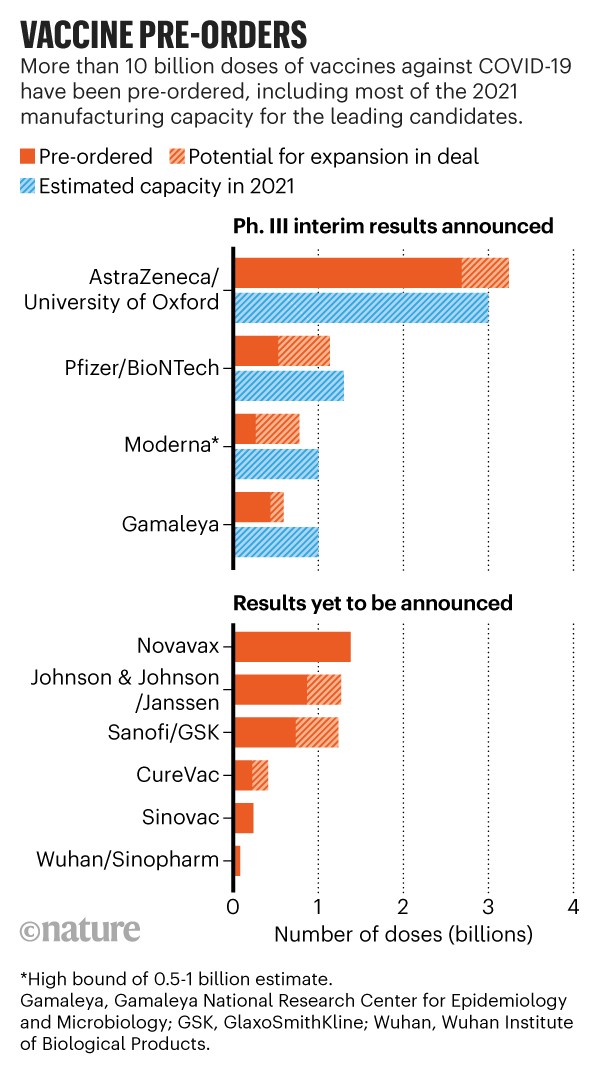
As the COVID-19 pandemic is getting most of the attention right now, the majority of this vaccine capacity has already been ordered. Five developed nations and 27 member countries of the EU have pre-ordered approximately half of the vaccine. Their contracts also have terms for ordering extra doses. These countries’ citizens make up around 13% of the world’s population.
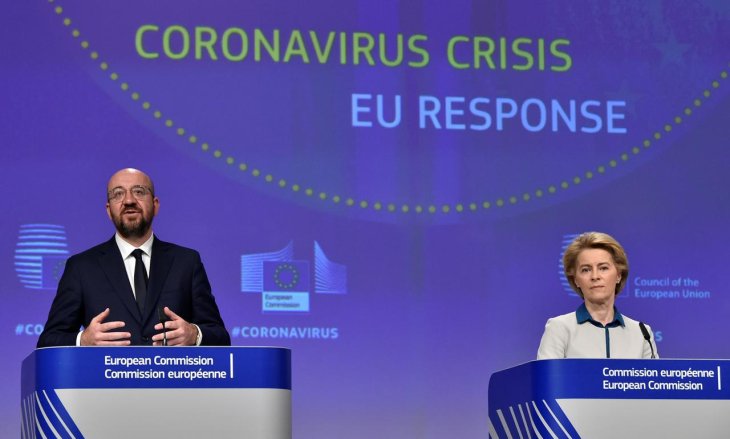
According to the calculation of Airfinity, if we include six other prominent vaccine makers into the picture, the total number of doses increase to 7.4 billion, with ongoing negotiations or expansion options make up for 2.9 billion does. Even when we include six other vaccine-making candidates, the EU, and five other wealthy countries still secure more than half of the capacity.
Canada is the leading country with vaccine deals per capita with almost nine doses for each citizen. According to Andrea Taylor of Duke, the North American country has done exactly what they expect a wealthy nation such as it would do.
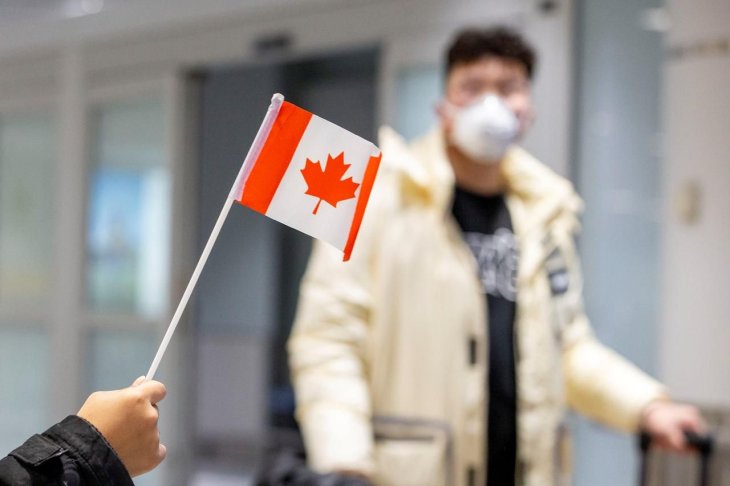
However, the good news for Canadians does mean the same thing for other countries. The figure suggests that COVID-19 vaccines won’t be distributed equally. When the world is seeing optimistic results in vaccine development, it’s quite scary thinking that there are so many countries that are missing.
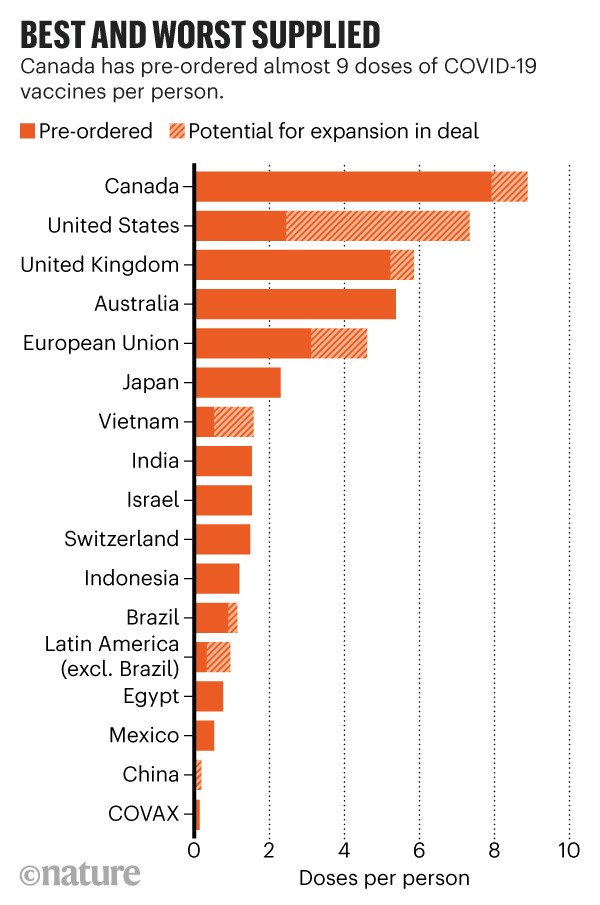
Where the first shipment of vaccine goes will also be determined by local manufacturing deals, according to Rasmus Bech Hansen. For example, India has had over 2 billion doses, partly because it has leveraged its access to the world’s biggest vaccine maker - the Pune-based Serum Institute of India.
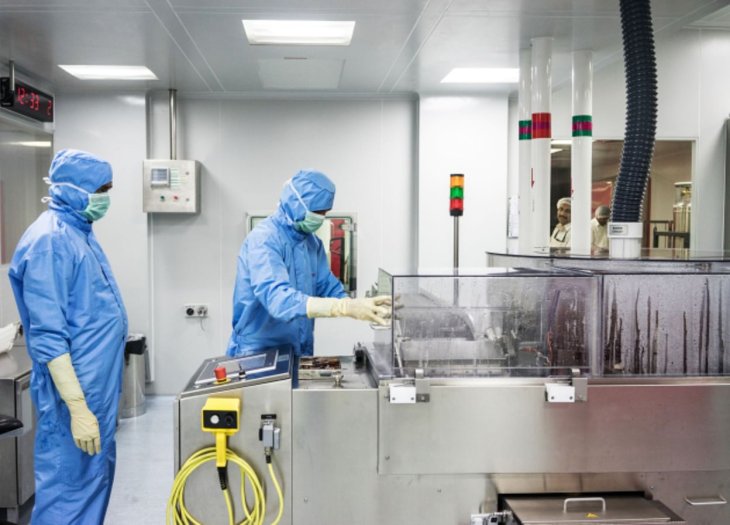
This situation means lower-income countries will have to face dwindling supply in the short run. It seems like the majority of these countries will have to put their faith in COVAX – a joint fund dedicated to global equitable access to COVID-19 vaccines co-led by WHO, the Oslo-based Coalition for Epidemic Preparedness Innovations, and Gavi, a Switzerland-based vaccine funder for low-income countries.
So far, COVAX has had 700 million doses of vaccine and it plans to offer 2 billion doses for participating nations by the end of next year, which translates to around 20% of these countries’ population.
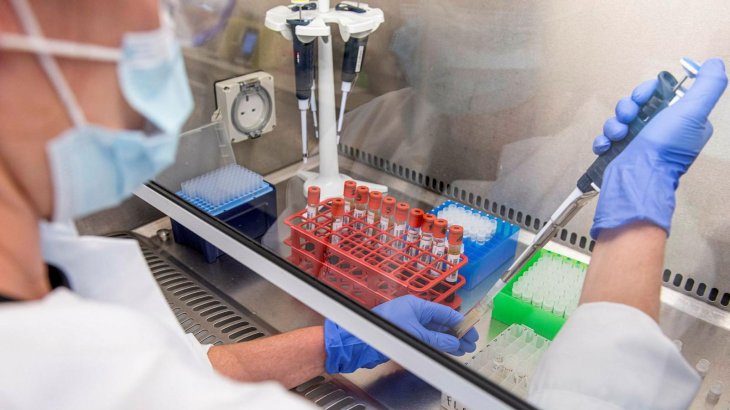
Over 189 nations have joined COVAX, among them are well-to-do nations that participate to subsidize access to the COVID-19 vaccine.
According to Taylor, while wealthy nations might have to make sure they meet their own demands before thinking of passing on excess doses to other countries, plus, this isn’t how COVAX works, she thinks countries that have secured their own vaccine might donate part of their stash to COVAX.
Vaccine prices vary and different makers might set a different price tag for their products. UK-based AstraZeneca said its product would be priced at $3 to $4 for a dose, which is up to ten times cheaper than the asking price of some other candidates, including Pfizer and Moderna.
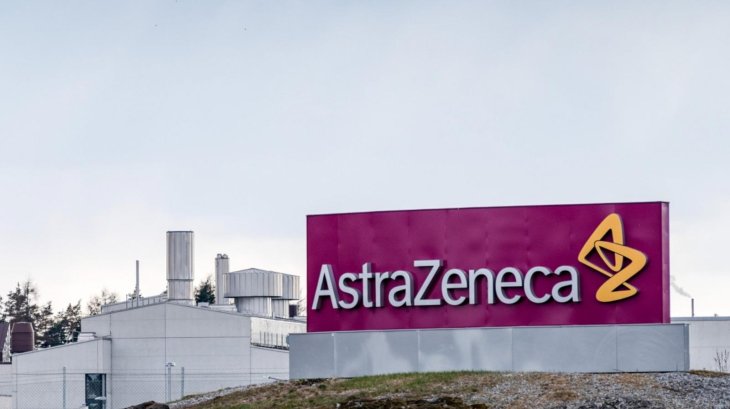
AstraZeneca pledged to offer their vaccine on a non-profit basis during the pandemic and in perpetuity for middle- and low-income nations. No other vaccine maker has made the same promise.
>>> Moderna Vaccine Can 100% Prevent Severe Cases Of COVID-19
Featured Stories

Features - Jan 29, 2026
Permanently Deleting Your Instagram Account: A Complete Step-by-Step Tutorial

Features - Jul 01, 2025
What Are The Fastest Passenger Vehicles Ever Created?

Features - Jun 25, 2025
Japan Hydrogen Breakthrough: Scientists Crack the Clean Energy Code with...

ICT News - Jun 25, 2025
AI Intimidation Tactics: CEOs Turn Flawed Technology Into Employee Fear Machine

Review - Jun 25, 2025
Windows 11 Problems: Is Microsoft's "Best" OS Actually Getting Worse?

Features - Jun 22, 2025
Telegram Founder Pavel Durov Plans to Split $14 Billion Fortune Among 106 Children

ICT News - Jun 22, 2025
Neuralink Telepathy Chip Enables Quadriplegic Rob Greiner to Control Games with...

Features - Jun 21, 2025
This Over $100 Bottle Has Nothing But Fresh Air Inside

Features - Jun 18, 2025
Best Mobile VPN Apps for Gaming 2025: Complete Guide

Features - Jun 18, 2025
A Math Formula Tells Us How Long Everything Will Live
Read more

ICT News- Feb 21, 2026
AI Coding Agent Causes Major AWS Outage at Amazon
In a striking example of the risks associated with deploying advanced AI in critical systems, Amazon Web Services (AWS) recently faced multiple outages attributed to its own AI coding assistants.

ICT News- Feb 20, 2026
Tech Leaders Question AI Agents' Value: Human Labor Remains More Affordable
In a recent episode of the All-In podcast, prominent tech investors and entrepreneurs expressed skepticism about the immediate practicality of deploying AI agents in business operations.

ICT News- Feb 19, 2026
Escalating Costs for NVIDIA RTX 50 Series GPUs: RTX 5090 Tops $5,000, RTX 5060 Ti Closes in on RTX 5070 Pricing
As the RTX 50 series continues to push boundaries in gaming and AI, these price trends raise questions about accessibility for average gamers.
Comments
Sort by Newest | Popular